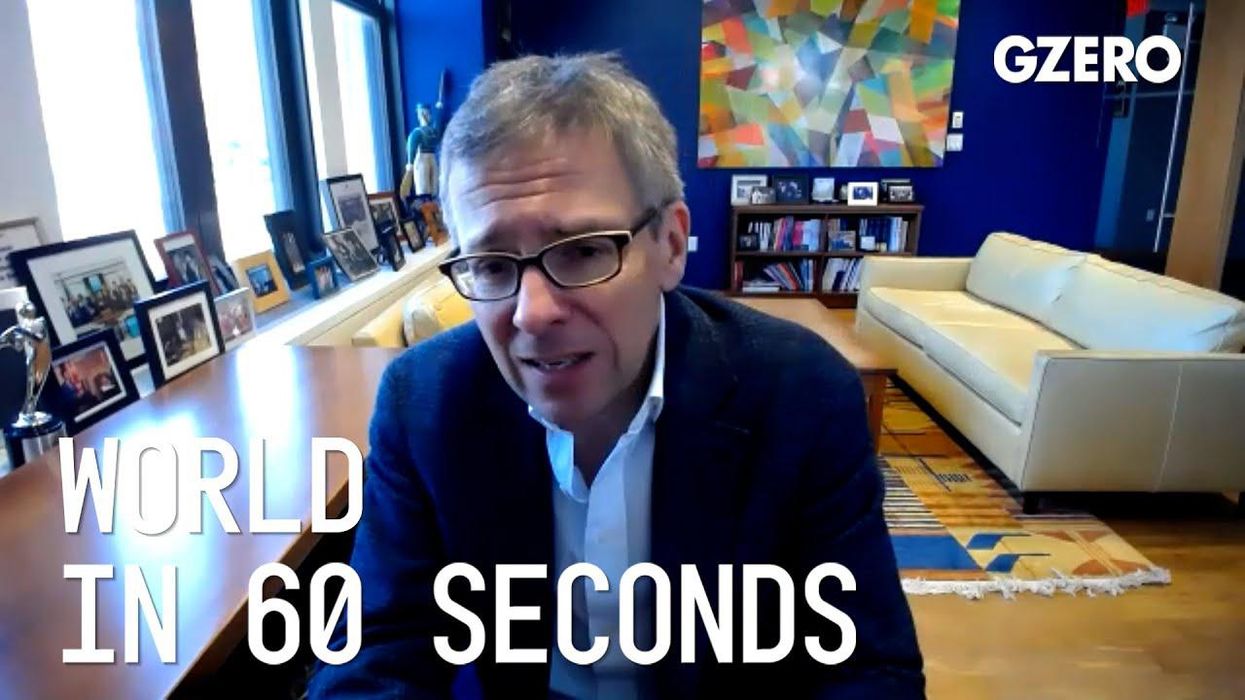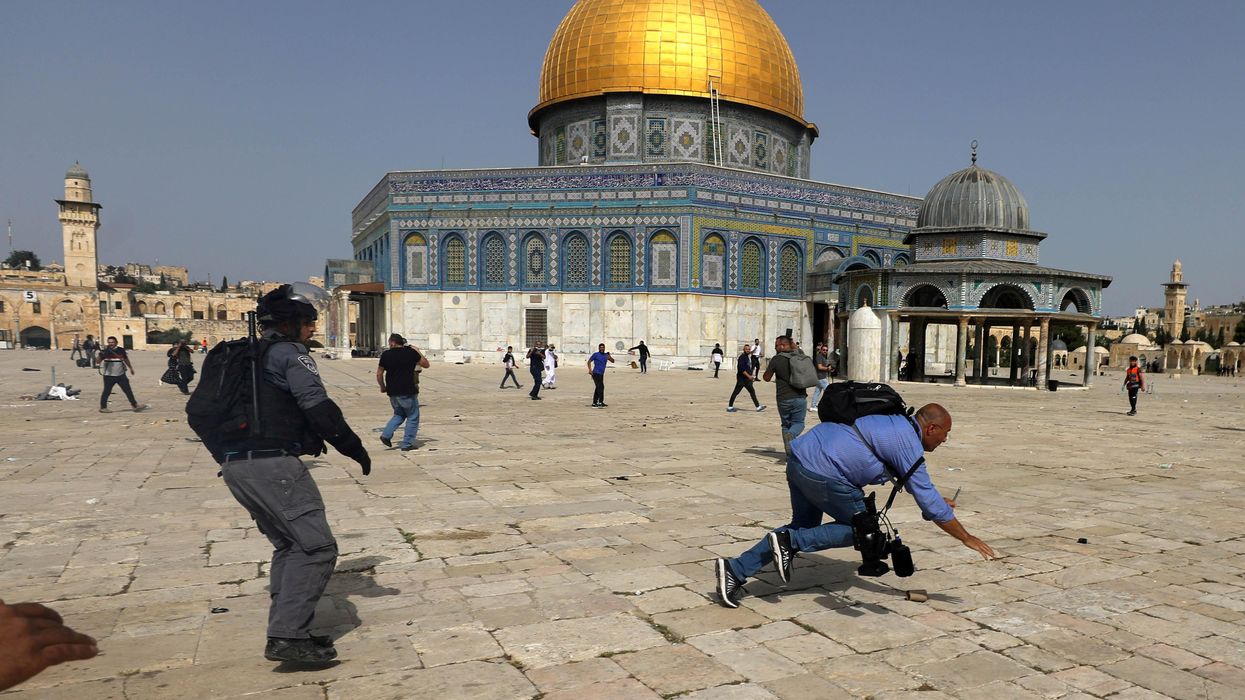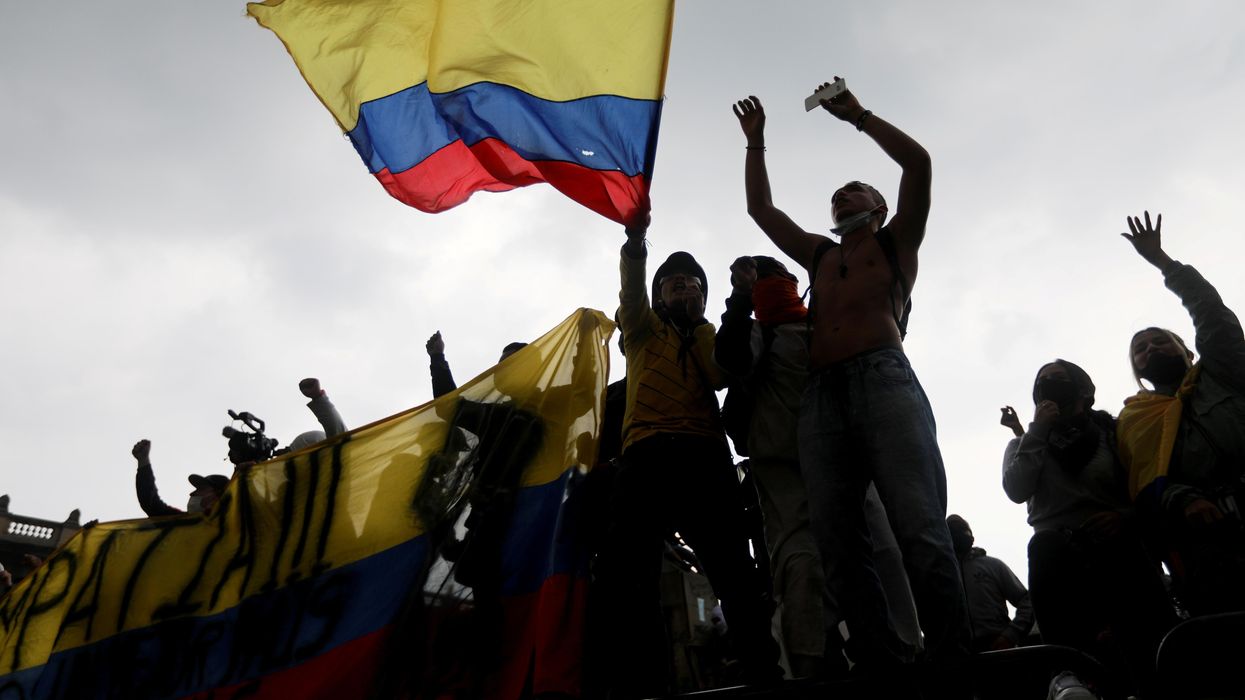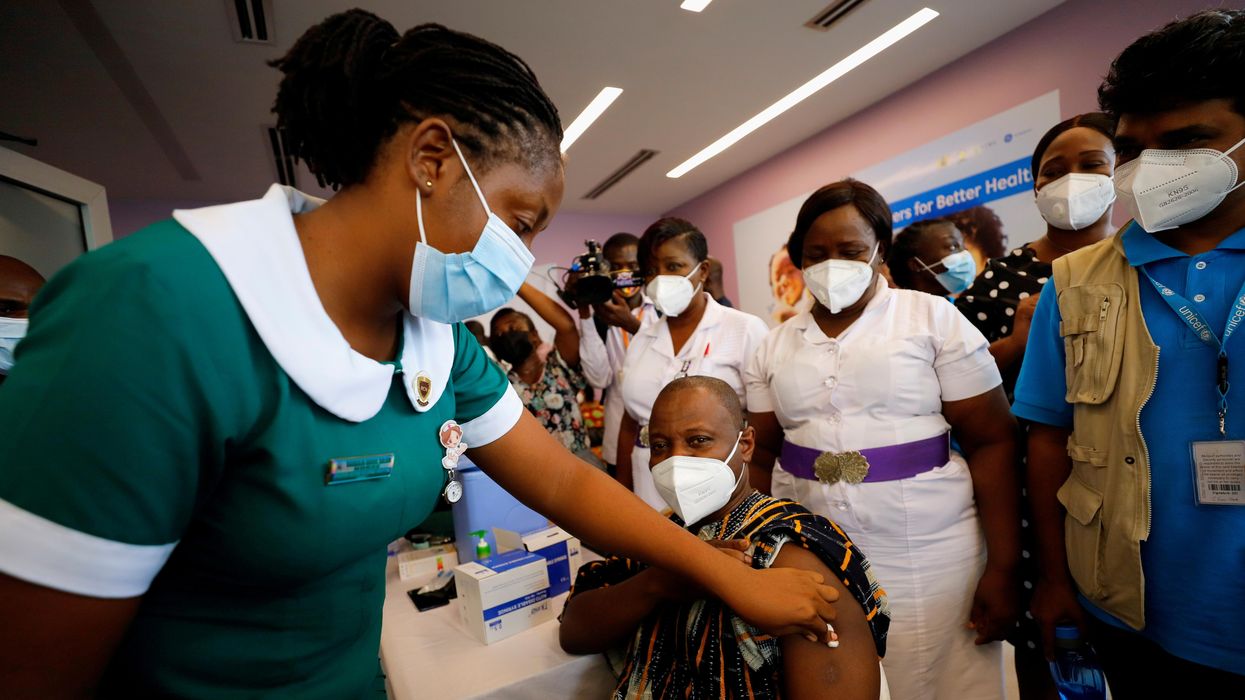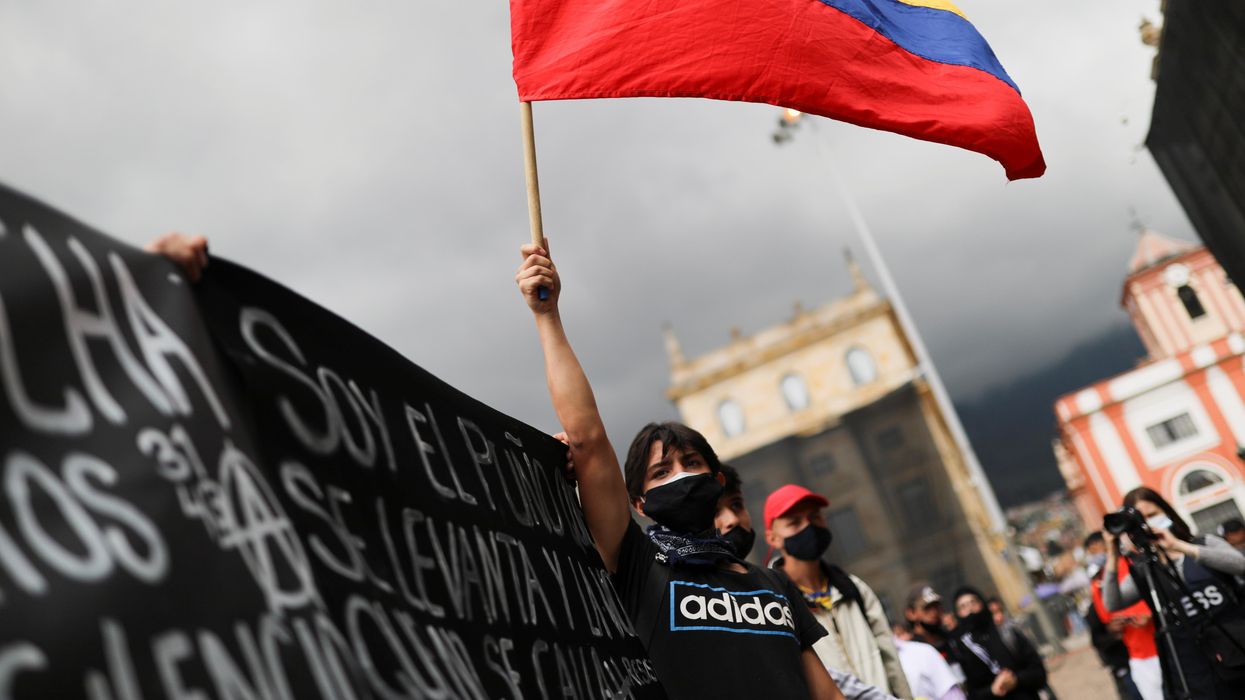ask ian
Israel-Palestine conflict worsening and could lead to a war
Escalating tensions between the Israelis and the Palestinians spark concerns that the ongoing conflict may lead to war; and unrest in Colombia grows while China's population growth declines.
May 11, 2021
